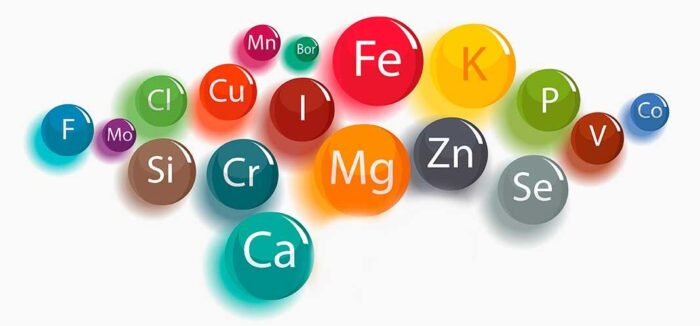Vitamins in sports
Vitamins play a crucial role in the human body by enhancing the activity of enzymes responsible
for various chemical processes, such as protein synthesis. Their importance in sports cannot be
overstated, as nearly all essential vitamins within this category are vital for protein formation and
muscle development. Vitamins are essential components of numerous enzymes. Without them,
body enzymes cannot effectively carry out their functions, resulting in an inability to build
muscle. Furthermore, the body cannot convert nutrients into the vital building blocks required for
muscle growth.
Scientists have observed that the demand for vitamins in bodybuilding and other sports tends to
increase as athletes have a faster metabolism compared to regular individuals. During physical
activity, the consumption of vitamins can rise by 1.5-2 times, which indicates that bodybuilders
require higher vitamin doses compared to non-athletes.
Practice demonstrates that it is unattainable to achieve desirable outcomes in bodybuilding,
fitness powerlifting, or any other sports without the utilization of sports nutrition supplements
that are abundant in vitamins and minerals.
Minerals in sports
Minerals are inorganic substances, which means they are not produced by animals or plants.
However, they can be found in food. Minerals are essential for the proper functioning of the
body. They support nerve communication, muscle contraction, water-electrolyte balance, and
energy production, all of which are extremely important in sports. Numerous minerals also serve
as structural components of body tissues. For instance, calcium and phosphorus are essential for
bone tissue, whereas zinc plays a crucial role in testosterone synthesis.
Minerals are classified into macro elements and microelements, depending on the body's needs.
The macro elements include calcium, magnesium, phosphorus, potassium, and sodium. The
body requires a minimum of 200 mg of these minerals daily.
The microelements are chromium, cobalt, copper, iron, selenium, silicon, zinc, etc. The body
requires less than 200 mg of these minerals daily.
Minerals, along with vitamins, are necessary in sports in larger quantities compared to a regular lifestyle.



